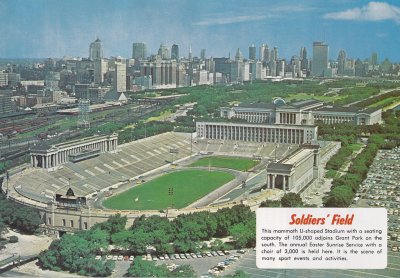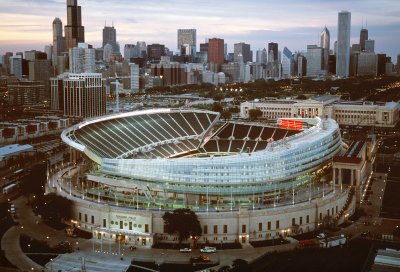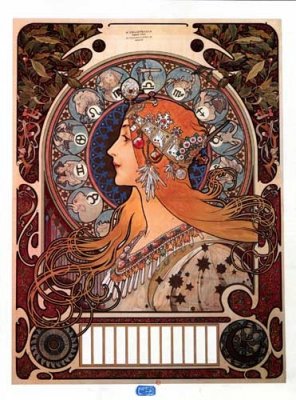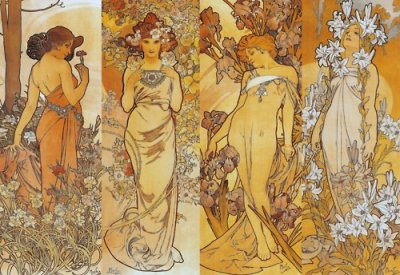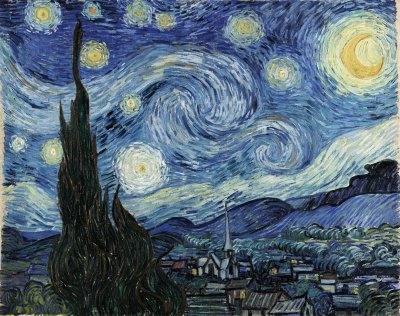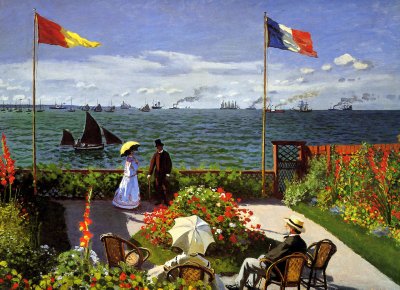- Messages
- 16,900
- Location
- New York City
Your comments and observations all makes sense to me.
My grandmother took me to see the house they lost in the depression when I was small (and I went back as a young adult to see it again) - let's say they were not living the high-life even adjusting for the times. What I left out (for brevity, but probably shouldn't have) is that my grandfather died right at the start of the depression which - since he ran the business - precipitated what was effectively a run on the business by its creditors (many retail businesses are extended de-facto credit when they take on merchandise to sell - still goes on today) - all the loans were called in literally right after his funeral which left my grandmother with very few choices.
She basically told the creditors they had two choices, shut her down and take back what they could of the merchandise and get, at best, 30 cents on the dollar, or extend me the same credit, let me run the business and pay you off. Some went along, some didn't and for those that didn't, she sold the house (which had a small amount of equity, but was really about getting expenses down to next to nothing), borrowed from some of the other creditors (she was amazing) and spent the next 15 years getting out of debt and keeping their heads above water.
I think - at least inferring from what I was told - that it was less the material comedown (which wasn't that huge), but the fear that the next step was homelessness that marked their entire outlook on life from then on. I grew up with fear of poverty and being grateful for having, well, anything as one of the dominant theme of my childhood.
My grandmother took me to see the house they lost in the depression when I was small (and I went back as a young adult to see it again) - let's say they were not living the high-life even adjusting for the times. What I left out (for brevity, but probably shouldn't have) is that my grandfather died right at the start of the depression which - since he ran the business - precipitated what was effectively a run on the business by its creditors (many retail businesses are extended de-facto credit when they take on merchandise to sell - still goes on today) - all the loans were called in literally right after his funeral which left my grandmother with very few choices.
She basically told the creditors they had two choices, shut her down and take back what they could of the merchandise and get, at best, 30 cents on the dollar, or extend me the same credit, let me run the business and pay you off. Some went along, some didn't and for those that didn't, she sold the house (which had a small amount of equity, but was really about getting expenses down to next to nothing), borrowed from some of the other creditors (she was amazing) and spent the next 15 years getting out of debt and keeping their heads above water.
I think - at least inferring from what I was told - that it was less the material comedown (which wasn't that huge), but the fear that the next step was homelessness that marked their entire outlook on life from then on. I grew up with fear of poverty and being grateful for having, well, anything as one of the dominant theme of my childhood.
